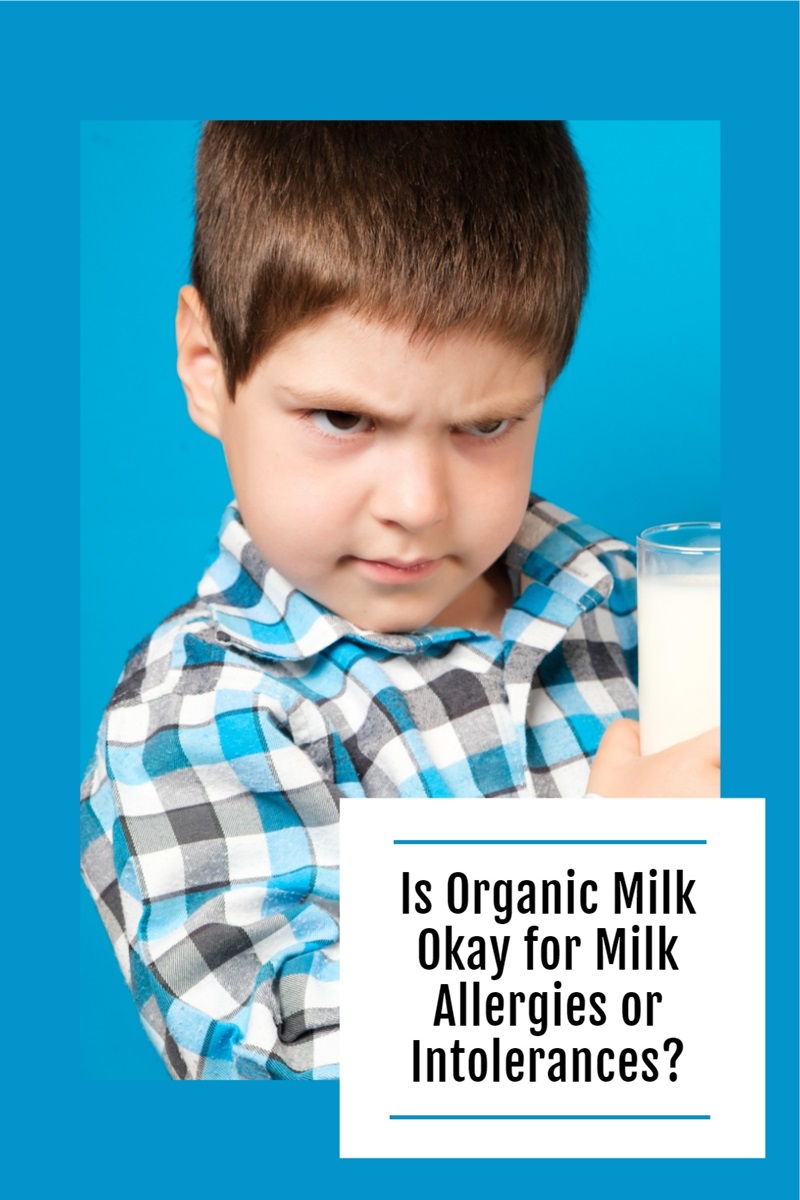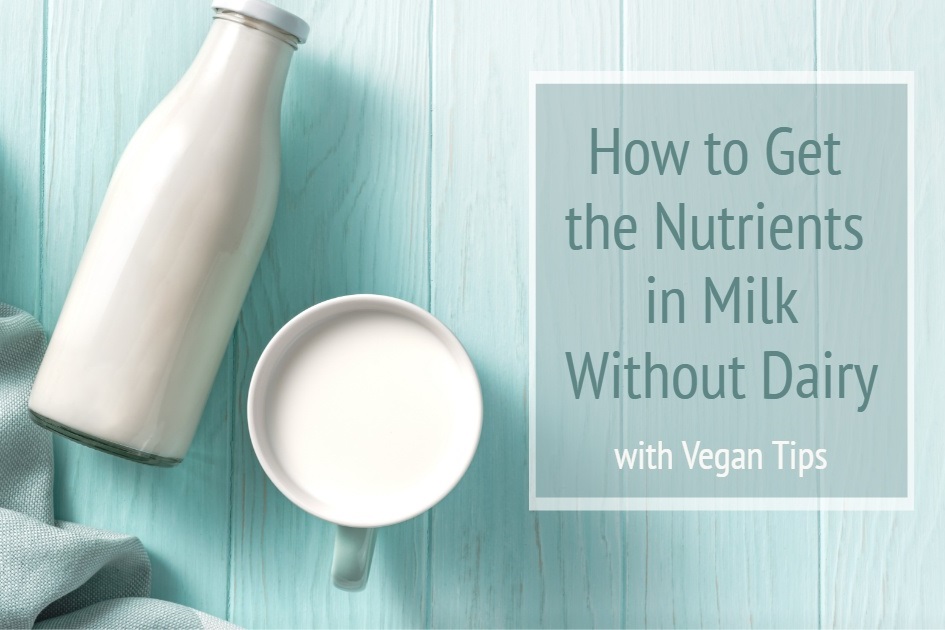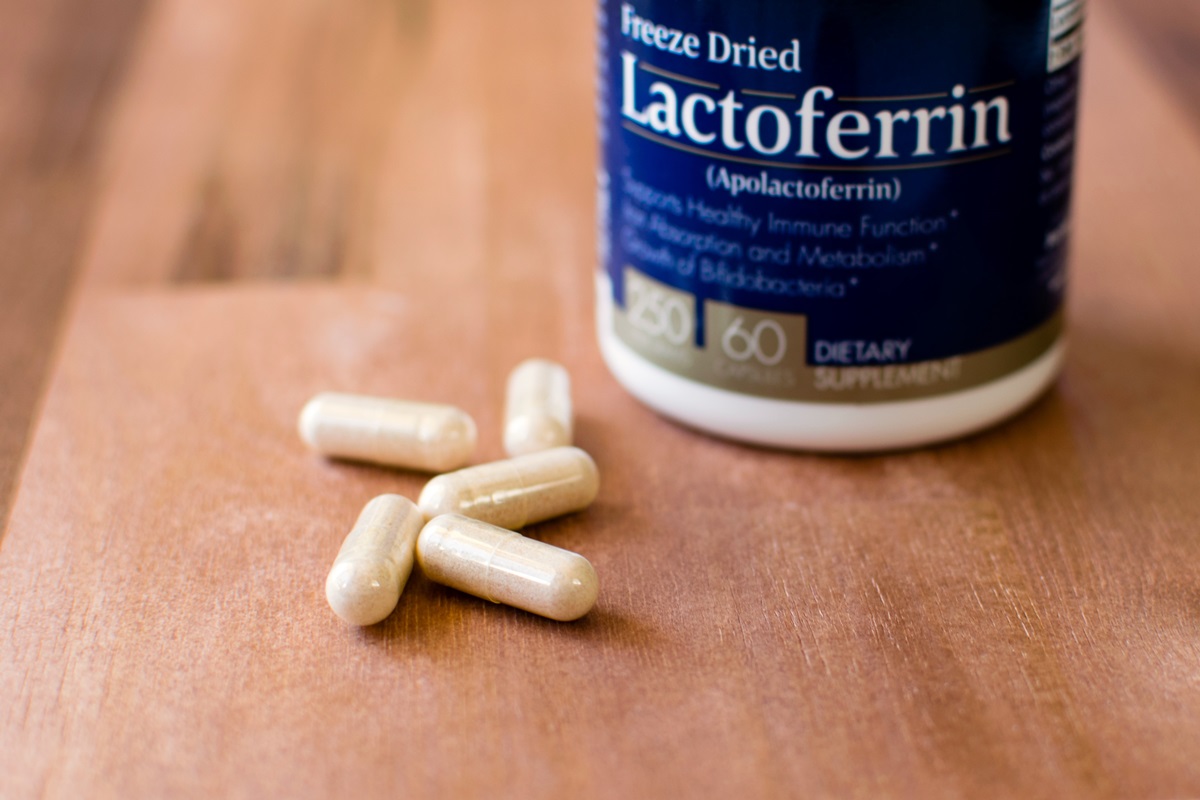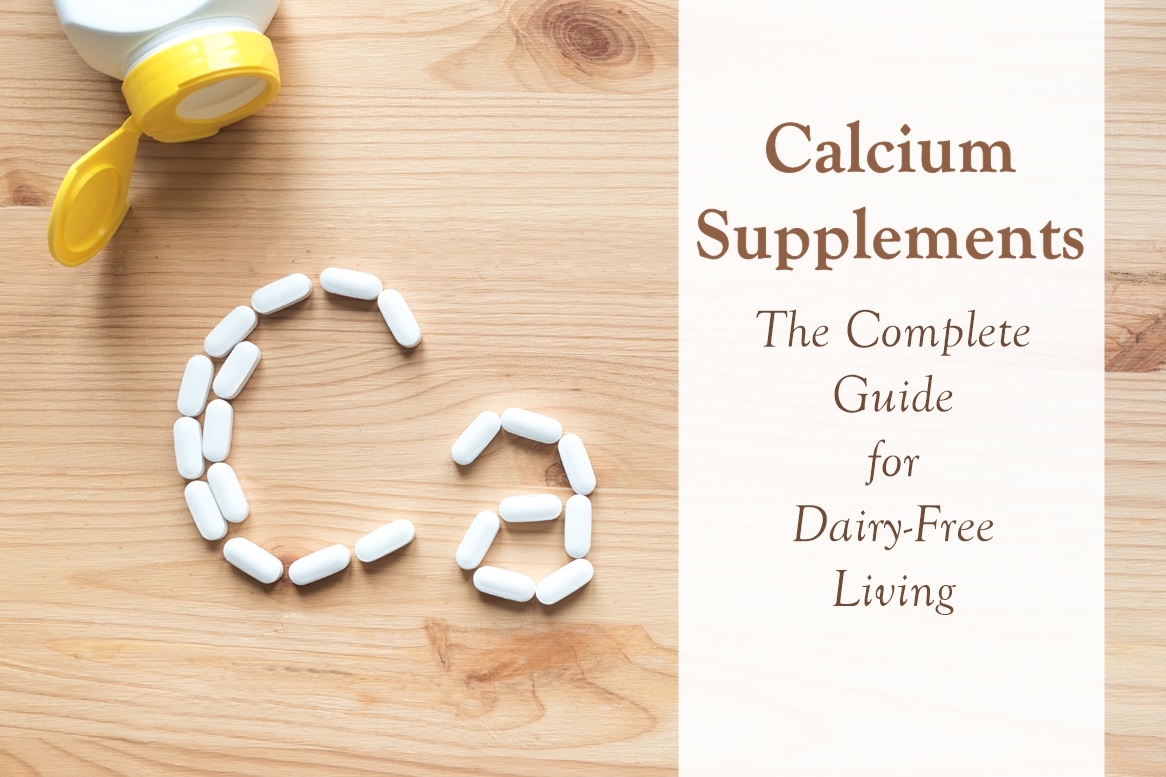Before we dive in, it’s important to dispel a common myth. There is no such thing as hormone-free dairy milk. Just like human milk, cow milk and other mammal milks naturally contain small amounts of hormones. However, some farmers use synthetic hormones to help increase the milk output of dairy cows. These hormones are often referred to as rBGH or rBST.
To be certified organic, dairy products must come from cows that are partially pastured, have feed that meets certain standards, and that aren’t treated with antibiotics or hormones such as rBST. But many non-organic brands also carry labels like “made with milk from cows not treated with rBST.” Now that we understand these types of milk, lets answer some questions.

Is rBST-free or Organic Milk Okay for Milk Allergies?
The short answer is no. There is no hard evidence that milk made without added hormones is safe for milk allergies. Organic milk contains all of the same casein and whey proteins that conventional milk does. When someone is milk allergic, they are having a reaction to the proteins in milk specifically.
But there is some interesting research worth noting. The conventional milk you see at the grocery store has been pasteurized to kill pathogens. This involves heating the milk to 161°F for 15 seconds. Organic milk is actually ultra-pasteurized to extend its shelf life. It’s heated to 280°F for 2 seconds. Some studies have suggested a higher sensitivity and bigger reaction in milk allergic kids to pasteurized milk over unpasteurized milk. And more proteins are denatured in ultra-pasteurization than regular pasteurization. This does prompt a question. Could the ultra-pasteurization of organic milk could be more problematic for those who are milk allergic? It’s something to think about, but we haven’t found a study comparing the two in this way.
Is rBST-free or Organic Milk Okay for Lactose Intolerance?
The short answer is no. Lactose is the sugar in milk. Lactase is a digestive enzyme that our bodies make to break down lactose. Babies have the highest level of lactose, so they can digest their mother’s milk. After weening, lactase production often declines, but in some people it persists. The natural decline can lead to lactose intolerance. Lactose intolerance happens when we lack enough lactase to properly digest the lactose level that was consumed, and digestive symptoms result.
As noted, lactose is in mother’s milk, raw milk, conventional milk, organic milk, and the milk of all mammals. It’s a simple sugar, so unlike milk proteins, it doesn’t differ in composition. To date, we’ve found no research that indicates organic or rBST-free milk as a good option for lactose intolerance. However, lactose-free milk and dairy products are readily available in most grocery stores, and organic versions are available. If someone is just lactose intolerant, then lactose-free dairy products should not cause any symptoms.
Is rBST-free or Organic Milk Okay for Milk Sensitivities?
There isn’t a short answer to this one. Milk “sensitivity” or “dairy intolerance” is a very gray area. To date, we have two scientifically proven types of milk reactions: allergies and lactose intolerance. An allergy is an immune response to a typically benign object or food. Not all allergic reactions are the “anaphylactic type.” Many milk allergies get incorrectly referred to as “sensitivities” or “intolerances” just because the reactions aren’t life-threatening. Scientists have known for decades that there is more than one type of food allergic reaction, and more doctors are now recognizing them as allergies.
If it is actually a milk allergy, then cow milk is cow milk. There isn’t any definitive research to show that rBST-free or organic milk is safe for any type of milk allergy. However, our scientific community still has so much to learn. Is it possible that someone could react to some other component in dairy milk? Could the added hormones, antibiotics, pesticides, or even farming conditions result in irritants that cause reactions in some people? Hopefully there will be more studies on these topics in the future.
The Bottom Line
Choosing organic or rBST-free dairy products might offer some health benefits. And lactose-free dairy products should offer relief to lactose intolerant dairy fans. But rBST-free and organic milk and dairy products have not been shown safe or effective for milk allergies or lactose intolerance.
This post is for informational purposes only, and should not be construed as medical advice. Always speak with your physician before any change in diet.




